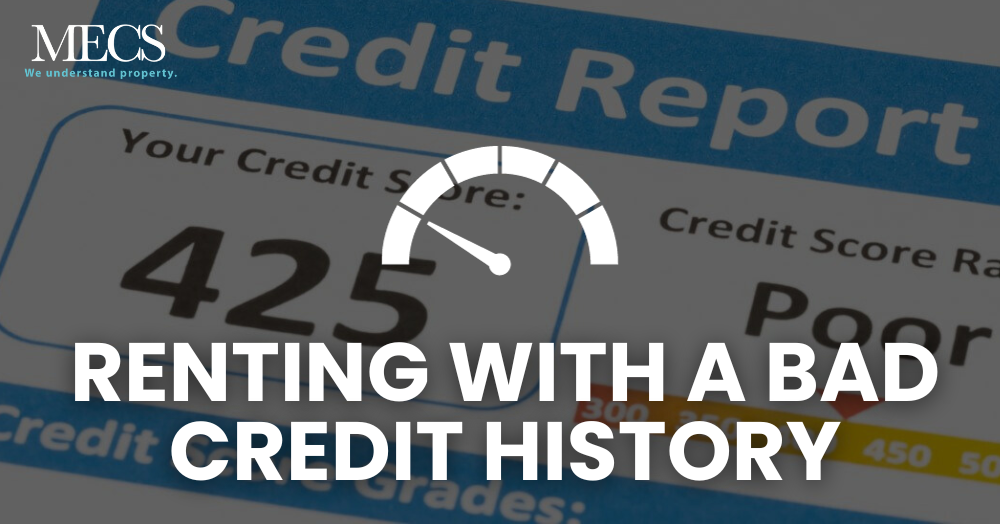Many landlords use credit scores as a key factor in the leasing decision, making it difficult for individuals with bad credit to secure a rental. However, having a less-than-stellar credit history doesn't mean you're out of options.
Be Honest and Transparent:
When dealing with a bad credit history, honesty is your best policy. Address your credit issues upfront with potential landlords. Provide a brief, honest explanation of the circumstances that led to your credit challenges. If there were specific events, such as a job loss or medical emergency, that impacted your credit, sharing these details may help landlords understand your situation better.
Provide Strong References:
A good reference can go a long way in convincing a landlord to overlook a shaky credit history. Gather strong personal and professional references who can vouch for your reliability and responsibility as a tenant. Former landlords, employers, or even personal acquaintances who can speak to your character can make a positive impact.
Offer a Co-Signer:
One effective way to alleviate a landlord's concerns about your credit is to provide a co-signer. A co-signer is someone with a stronger credit history who agrees to take on the financial responsibility if you're unable to meet your rental obligations. This provides an added layer of security for the landlord, increasing the likelihood of them approving your application.
Demonstrate Financial Stability:
Even with a less-than-perfect credit score, showcasing your financial stability can help build trust with potential landlords. Provide proof of steady employment, income statements, or any other documentation that highlights your ability to meet your financial commitments. A stable income and employment history can reassure landlords that you're a reliable tenant.
Offer a Higher Security Deposit:
To offset the perceived risk associated with a bad credit history, consider offering a higher security deposit. A larger upfront payment can provide landlords with a financial cushion in case of any issues. This gesture demonstrates your commitment to maintaining the property and can make your application more appealing.
Look for Landlords Open to Negotiation:
Not all landlords adhere strictly to credit score requirements. Some may be open to negotiation, especially if you can provide a compelling case for why you would be a responsible tenant. Approach potential landlords with confidence and a well-prepared rental application that emphasises your positive qualities as a tenant.
Conclusion:
Renting with a bad credit history may present challenges, but with the right strategies, securing a lease is not impossible. By being transparent, providing strong references, offering a co-signer, demonstrating financial stability, offering a higher security deposit, and negotiating with landlords, you can increase your chances of finding a place to call home. If you are currently struggling to find a rental property, let us help. Get in contact with us.
0121 681 6327
info@mecsproperty.co.uk

